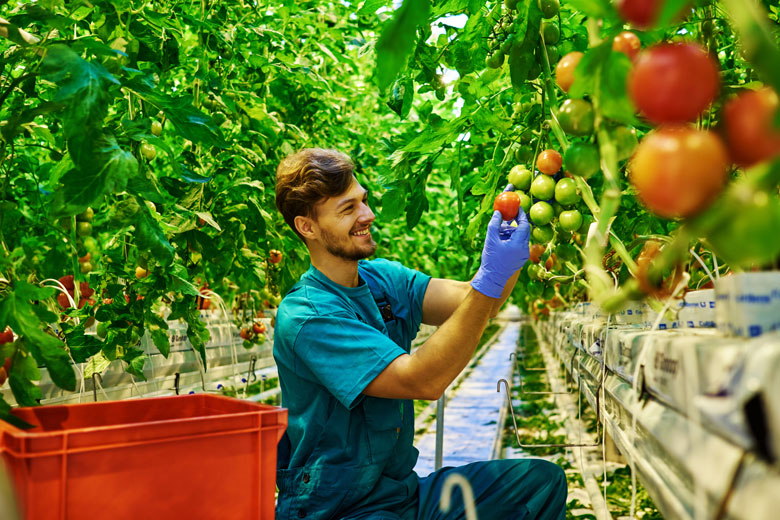4 Questions You Wanted to Ask About Organic Foods But Were Afraid to Ask
Published July 26, 2022

The organic label has become so popular that you even see it on processed foods like potato chips and hot dogs. There are over 19,474 organic farms, ranches and processing facilities in the US alone, and the organic market is growing abroad as well. And while organic foods are typically more expensive than conventional foods, consumers are clearly willing to pay for it – the organic products industry increased by 11% last year to over $39 billion. In an industry that big, there are bound to be some things we don’t know, and below, I’ve answered 4 very important questions about organic foods. You have probably wanted to ask these questions...
Question #1: What Does the Organic Label Really Mean?
Organic foods are usually associated with being healthier, higher quality, more expensive, more natural, and free of pesticides. But does the organic label on a food actually mean all of that is true? To use the organic label in the US, a food has to meet 2 criteria: 1. The food must have been grown (or raised in the case of animals) under the regulations allowed by the USDA (U.S. Department of Agriculture). These regulations have been around since 2002, and they’re pretty complex, so I won’t list them all, but you can read them for yourself here. 2. In addition, the company producing and selling the food must go through an expensive certification process. In fact, many smaller food companies sell food that could be labeled organic, except that they don’t want to pay to be certified. If a company has gone through the USDA certification process, then they will probably display one of these 3 labels: 100% Organic: this means that 100% of the ingredients (except for salt and water) in the product are organic. Organic: this means that 95-99% of the ingredients by weight in the product are organic. Made with Organic Ingredients: this means that 70-94% of the ingredients by weight in the product are organic. But, perhaps you're still wondering what exactly that organic label entails other than the fact that the food company paid to be certified. The answers to the next 3 questions should help make things clearer.

Question #2: Does Organic Mean Non-GMO?
The USDA website states that "The use of genetic engineering, or genetically modified organisms (GMOs), is prohibited in organic products." However, there is a loophole that allows GMO products to slip into products that are certified organic by the USDA. Under the USDA rules, a product can be labeled organic if 95% of the product is made from organic ingredients. So there's the potential that GMOs slip into this 5%. If you're worried about GMOs, then either purchase organic whole foods (like unprocessed fruits and vegetables) or look for labels stating "100% certified organic" or “Non-GMO Project.” Remember, also, that 100% of the foods you eat have been genetically modified over human history in a variety of ways (from selective breeding, to hybridization, to radiation).

Question #3: Does the Organic Label Mean No Pesticides?
Like GMOs, pesticides can also be present in organic foods. There are 2 reasons why this is possible. The first reason is that 5% USDA rule again - 5% of a certified USDA organic product can be made from non-organic products. And if a product is labeled "made with organic ingredients," then there's the potential for up to 30% of the product to be made with non-organic ingredients. The second reason is that organic farms are actually allowed to use some permitted pesticides. This is an area where organic farmers defend the need for them and other people question how their use makes them "better" than conventional foods.

Question #4: Are Organic Foods Healthier?
This is a highly controversial issue, so all I can do is offer you my opinion based on what I've researched over the years. First of all, there is probably no health downside to organic foods. You’re not going to be worse off if you eat organic (other than spending more money). However, the health benefits are relatively small, particularly compared to other (more important) changes you could make to your diet and lifestyle. Being conscious of what you put into your body is definitely a plus, but blindly buying processed foods labeled "organic" is unlikely to impact your health in a positive direction. So, if you care about actually being healthy, then do more than just buy organically labeled foods. Buy more whole, unprocessed foods, and cook more! If you want to read more about this debate then here are 2 interesting but opposing perspectives to read:- Mother’s science-based view: Organics and Whole Foods are ‘scam of the decade’
- New Analysis Concludes Organic Food Really Is Healthier




